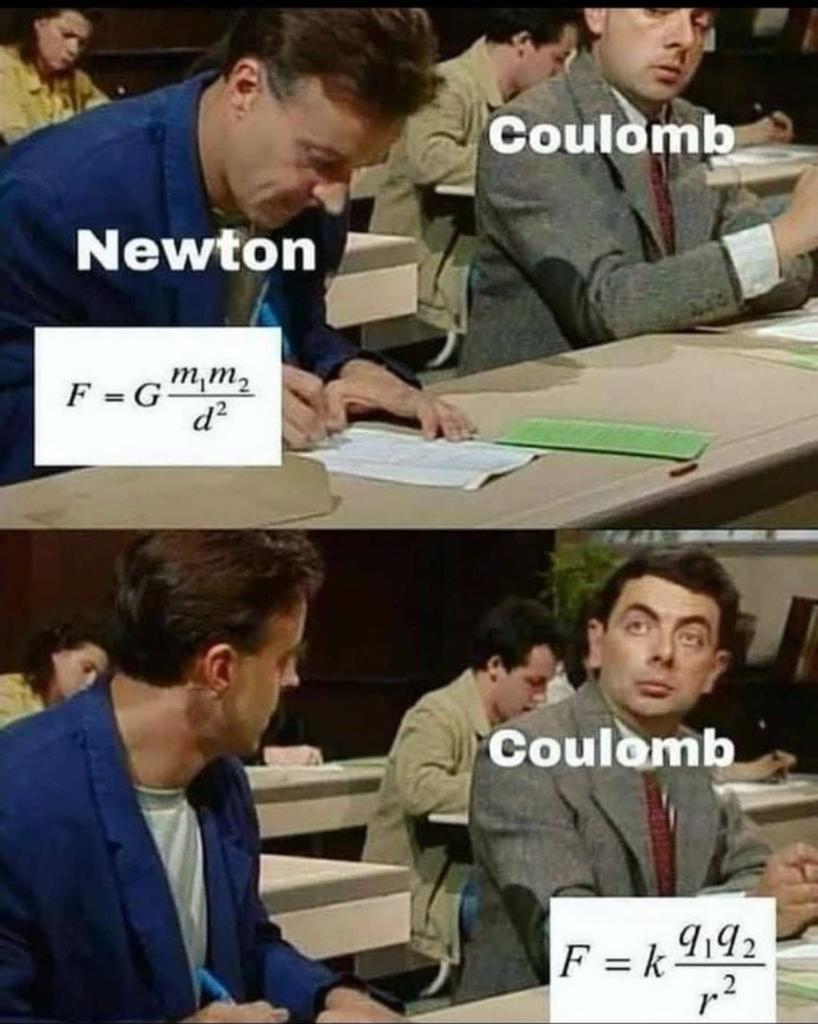There was a time, many years ago, when Paris was a representation in Pemulis's mind of something kind of like freedom or an ideal that was very much aligned with the traditional touristic view of Paris which is at the root of things like Pari shōkōgun (written in the Japanese transliteration because it has allegedly historically mostly affected Japanese tourists manifesting as a sense of strong disappointment when visiting the city, where the feeling was that things weren't quite what they expected and these feelings of disappointment are so strong that, supposedly, those struck by the syndrome experience such symptoms as hallucinations and disorientation and even losing consciousness) and the sadly-entertaining-to-me depictions found in Emily in Paris. Despite being basically as poor as dirt at the time, counting the days till my next pay while jumping the Metro turnstiles, eating only pasta and free mergeuz-frites-salade from my buddies at the kebab shop (probably living no better than George Orwell did during his famous sojourn in the city), this feeling was likely reinforced as the first place that Pemulis lived away from home and then again in subsequent visits staying in nice parts of town, at the right times of the year, with good people, doing fun things, and cetera.
But apparently Paris, surprisingly, is not infallible. Now, good and bad, I may have defined these terms quite clear, no doubt, somehow. Our most recent visit was not at all bad. We had many really nice moments as a family and also at other times when we weren't together. Our trip to the tropical aquarium was really nice as was the dinner us four shared on our last night at a small French restaurant near Montmartre. The Sunday was sunny, about 20 degrees, the cherry blossoms were in bloom, and we ate a nice, quiet lunch in the 3e arrondissement after a very touristy but quite enjoyable boat ride hitting the top sites along the Seine. Joelle ran a good chunk (more than 30 km) of the Paris Marathon route one morning largely before the rest of us had even gotten out of bed, and Helga, despite not getting the colour of Eiffel Tower keychain that she really wanted, I think in the end, while she didn't show it so much, enjoyed our walk up the famous tower and the views that it provided. I had some nice, quiet (emphasis!) visits with up and coming French watchmaking companies (there are many in Paris) and had some interesting conversations with the people behind them.
Something that wasn't quite as nice was the half day (or perhaps more) that I spent finding a paediatrician, taking Heinrich (and paying!) to the doctor, then taking him further north and east to the laboratory that had the right equipment to perform the test he needed, into the absolute worst part of Paris where we witnessed (literally) growing men fighting in the street and one unfortunate soul sitting on the steps of the entrance to the metro smoking a crack pipe. Bienvenue à Paris! The loud dance music that played well into the early morning hours on several nights leading to sleepless nights was not a highlight of the trip for me. Nor was the kids' difficult ummm adaptation to learning how to behave properly (or at least not terribly) while going to bed, walking anywhere, going for meals, etc.
So lies that life is black and white faded far from the foreground on this trip. It was not perfect but it was not terrible either. As I said, we had some really nice moments; but we also had some trying ones. I hope everyone can take with them those good ones and that the bad ones will also fade. But next time I go to Paris, I'll just take Joelle :D












